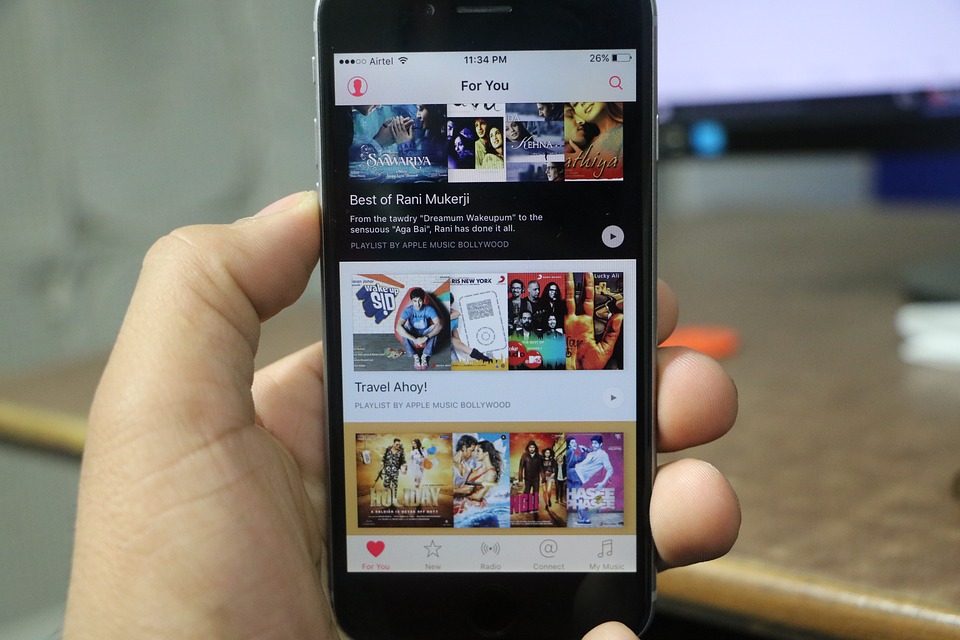Apple confirmed Monday during its 2019 Worldwide Developers Conference in San Jose, California that it will be shutting down its digital media software iTunes.
However, the decision appears to be more of a marketing stunt to rebrand and streamline the product.
As iTunes’ replacement, Apple will be launching three new applications – Apple Music, Apple Podcasts, and Apple TV. The said apps will allow people to download or play movies, TV shows, music, and podcasts separately.
News of the iTunes shutdown alarmed Apple device users worldwide.
But, the company explained that when Mac users update their software, all the music in their iTunes library will not disappear. Instead, they will be migrated automatically to the Apple Music app.
The same thing will happen to their movies and TV shows, they will be moved to Apple TV after the update.
In a press release, Apple said that users would have access to their entire music library, exclusive Apple TV channels, over 100,000 iTunes movies and TV shows, as well as thousands of podcast shows currently available in the iTunes catalog.
The transition will begin once the latest version of the Mac operating system, macOS Catalina, debuts in the fall.
iTunes Digital Media Software
Steve Jobs unveiled the digital media software iTunes in January 2001.
The early version of the app was based on the program developed by Bill Kincaid called SoundJam MP. Since then, Apple has continuously worked on improving the capabilities of iTunes.
However, it was not until 2003 when Apple launched the iTunes Store and iPod MP3 that the iTunes app really cemented its place in the history of digital music.
Although it was not the first in the music market, it was considered at that time as the most user-friendly. Sales soared and it gave Apple the confidence to launch the iTunes phone in 2007.
Unfortunately, the phone version was nowhere as successful as the computer app version. That’s despite allowing people to download, purchase, and play music and movies in their device.
Over time, people criticized iTunes for being overly bloated. The negative criticism was apparently among the reasons why the company decided to break down iTunes’ capabilities into three independent applications.
Mark Mulligan, a music industry analyst, was quoted as saying:
“Its role as a music app has already diminished… what Apple is doing is saying that to succeed in this world it has to specialize in everything – it can’t be a generalist. It’s still number two to Spotify – if it’s going to be the leading player, which is what it wants to be, it’s got to unbundle all of these things and make each one a leader in its space.”



















Comments (0)
Most Recent